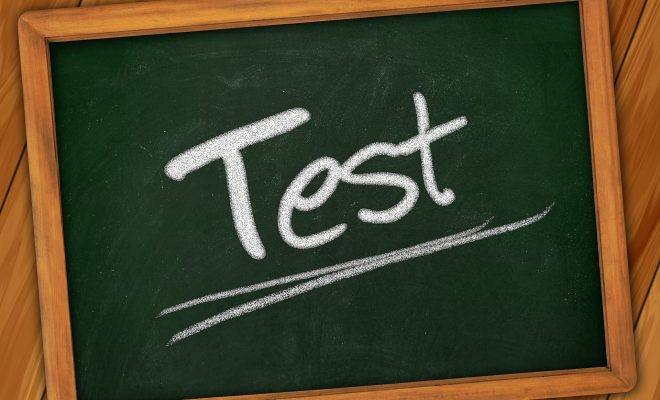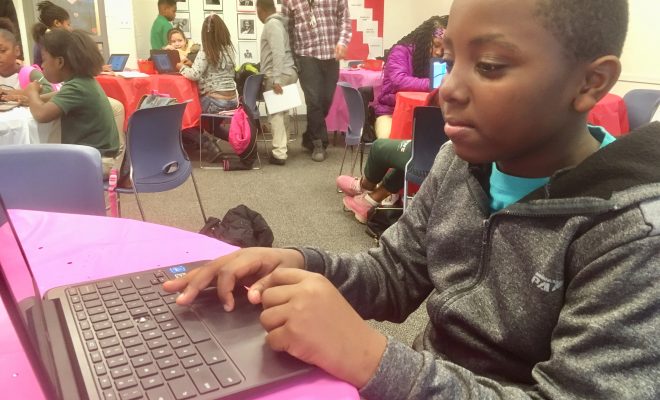Pass or Fail: The History of Social Promotion in the American Education System

In this multi-part series, I provide a dissection of the phenomenon of retention and social promotion. Also, I describe the many different methods that would improve student instruction in classrooms and eliminate the need for retention and social promotion if combined effectively.
While reading this series, periodically ask yourself this question: Why are educators, parents and the American public complicit in a practice that does demonstrable harm to children and the competitive future of the country?
Where did social promotion start? Why did the practice begin and should it even be applicable to education today?
Social promotion has been attributed to Progressives who were interested in the social and emotional development of children. Others have proposed that there were multiple reasons for the concept of social promotion at its inception in the late 19th century and its continued consideration into the 20th and 21st centuries. Failing children from certain families, based on status and position, was not popular.
Parents with influence and those who were angry, or who in other ways could make life difficult for educators, demonstrated the potential to pressure school personnel into passing their children in the latter part of the 1800s. Other reasons for promoting children who had not passed the required exams were more practical. School leaders often needed the space, particularly in the lower grades, for the increased numbers of students entering school. Having children repeat grades was also costly. By 1922, some Progressives were becoming concerned about the use of tests to sort students into categories and as a means to address the retention problem.
John Dewey entered the education scene in the midst of conflicting ideas. A brilliant student, Dewey entered the University of Vermont at age fifteen, graduating near the top of his class. At University, he was drawn to philosophy and went on to earn his doctorate in the field. Over time, he became a leading voice of progressive educational reform.
Dewey and other Progressives of the same era reacted to possible solutions for the outrageously high failure rate devised by school leaders and reformers who were invested in the science of education. Many districts adopted ability groups and semiannual promotion schedules as a remedy for the elevated retention rates, although the success of these initiatives was not particularly effective.
Ability groups allowed for the separation of children into high, average, and low achieving classes. In the case of the latter, standards were lowered so that rather than being retained, low achieving students could be passed on to the next graded level with a lower demand placed upon them. Their knowledge and skill levels for the next grade level were often dubious at best, but certainly not parallel to that of the average and high achieving students who experienced the same promotion.
School leaders engaged in the systematic use of intelligence tests to determine the placement of children into high, medium, or low ability groups. The children then went into classrooms, based on ability. School leaders were convinced that this was a democratic way to proceed with schooling, and each child would be able to work up to his or her capability level. The curriculum and instruction would be adapted, too: customized to fit the child’s ability level and allow for flexible promotion. The use of tests to determine innate ability would also aid educators with vocational guidance, provide an avenue for identifying unusually capable, and help diagnose learning problems.
The classrooms came under attack, with critics particularly decrying the folly of relying on a single test to track a child’s time while in school. There was also concern about using one test to set the trajectory for a vocation beyond school. Those who believed in the science of education would not relent on these points, but reliance on tests for classroom placement continued anyway.
Eventually, promotion led to the separation of children by social class, with many children living in poverty receiving placements in the low classrooms. Studies began to emerge that labeled children from various racial and ethnic groups as innately deficient, based on their performance on intelligence tests.
School leaders believed they had found a solution to issues that threatened to disrupt the age-grade schooling process. The ability to promote children unable to pass exams geared toward “normal” children, would alleviate the horrendous failure rate and the costly and disruptive crowding of students at the lower grades. No one considered the long-term implications of this strategy, however, and educators simply grouped the “abnormal” students together in an informal way. They were allowed to move through the school system with a consistently substandard education offered to them, without an active effort to teach materials in such a way as might engage these students. We now recognize that many of those students were atypical learners who had behavioral or cognitive needs.
This is how social promotion first came to fruition. It is more of a solution to logistical issues, and less about doing what was necessarily in the best interest of the child.
Do you think social promotion is a helpful or harmful practice in modern education?






